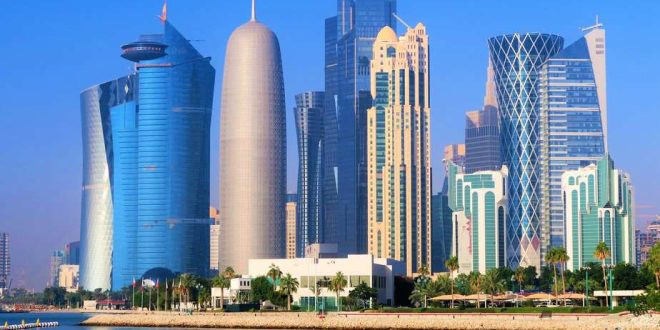AT News
KABUL – The United Nations has kicked off a two-day session in Doha focusing on Afghanistan, with the notable absence of Taliban representatives. This gathering, comprising four distinct sessions, aims to address pressing issues within the country.
Scheduled to commence on Sunday, February 18th, the first meeting convenes in Doha, Qatar, bringing together special envoys from various nations. Notably, the absence of Taliban representatives underscores the complex dynamics at play.
Reports indicate that the fourth session of the meeting will witness the engagement of special country representatives on Afghan affairs, alongside four civil society activists and advocates for women’s rights. Among these participants are Lotfullah Najafizada, representing civil society, and Mahbouba Serraj, Mitra Mehran, and Shah Gul Rezaei, advocates for women’s rights.
Under the leadership of the UN Secretary-General, three consecutive meetings are scheduled to discuss critical areas, including garnering global consensus to support Afghanistan, strategies to pressure the Taliban, and charting a political resolution amidst the country’s ongoing turmoil.
Key topics on the agenda include addressing the international community’s engagement with the Taliban, as well as the urgent plight of Afghan women and girls facing restrictions on education and employment opportunities. Additionally, discussions are anticipated regarding the appointment of a special U.N. envoy for Afghanistan, a move contested by the Taliban.
Despite their control over Afghanistan for over two years, the Taliban’s aspirations for official recognition remain unfulfilled, with the U.N. steadfastly refusing to grant them Afghanistan’s seat at the global forum. While various nations maintain diplomatic presences in Kabul and engage with Taliban representatives, China stands as the sole nation to accept an Afghan ambassador and dispatch an envoy to the capital, albeit without formal recognition of the Taliban government.
International consensus underscores the imperative for the Taliban to form an inclusive government and lift restrictions on women’s education and employment for any prospects of recognition. However, the Taliban’s recent statement rejected such calls, advocating for a pragmatic approach devoid of unilateral impositions.
As the Doha meetings progress, the world watches closely, hopeful for meaningful dialogue and tangible progress toward stabilizing Afghanistan and advancing the rights and aspirations of its people.
 Afghanistan Times
Afghanistan Times




